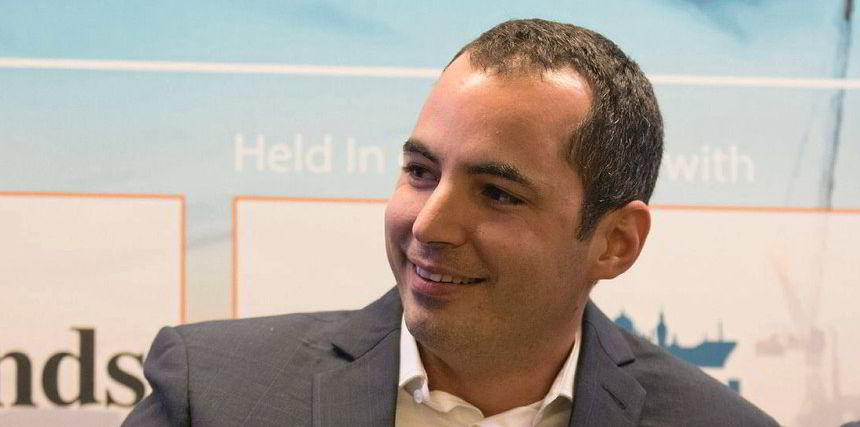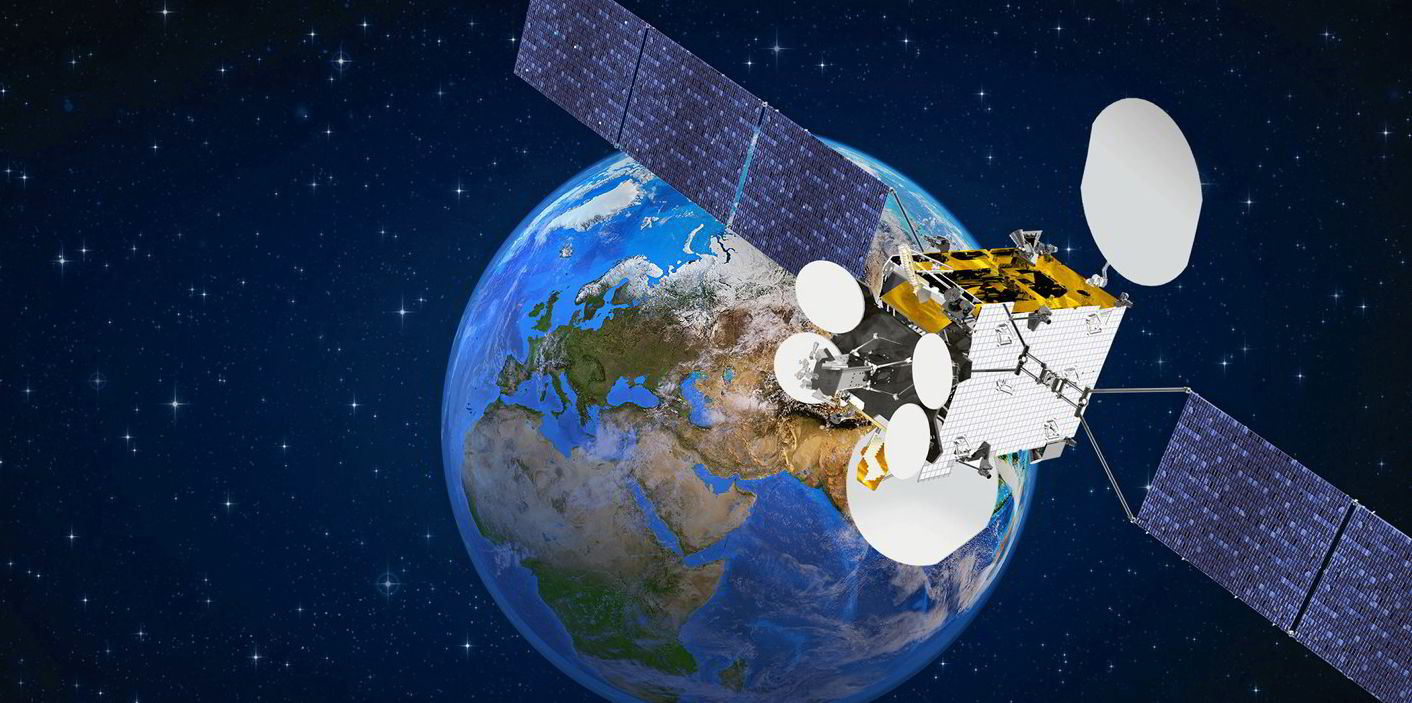The integrity of shipping data is under threat as sanctioned nations work to disguise vessel identities and cargo origins to circumvent US sanctions.
Iran and Venezuela have been identified by digital experts as developing sophisticated ways of data tampering to continue tanker shipments.
“Every month, we see new ways of identity tampering,” said Tel Aviv-based Ami Daniel, chief executive of Windward, which provides maritime data intelligence.
“Absolutely we see … more and more. Every month, and it has been consistent over the last six to nine months, we bake [those] into our models and algorithms.”
Shell, which operates one of the world’s largest fleets, has enhanced its capability to monitor clandestine shipping operations.
“We also now use digitalisation, and specifically AIS data, to enhance how we mitigate the risk of engaging with ships that have engaged in sanctioned activities,” the company’s shipping head, Grahaeme Henderson, said.
“This is in light of the recent maritime advice from [the US Office of Foreign Assets Control], which requires all parts of the industry to manage the way illicit shipping practices are identified and addressed.”
The heightened alertness has come after ship-tracking experts found Venezuela managed to continue tanker shipments via sophisticated identity spoofing in digital formats and port entries.
In one case reported by Reuters last December, the 299,200-dwt Calliop (built 2002) showed up in Venezuela loading crude while disguising itself as a scrapped tanker in Petroleos de Venezuela documents.
TankerTrackers co-founder Samir Madani said that while the cargo operation took place, an AIS hack occurred to show the Calliop was in the Gulf of Guinea.
In December and January, two vessels managed by Maersk Tankers were unknowingly receiving Iranian oil via ship-to-ship transfers. The Danish pool operator had to cancel the operations after receiving intelligence on the cargo origin from United Against Nuclear Iran.
For companies seeking to avoid sanctioned business, catching illicit shipping activity and counterparties has always been a “cat-and-mouse game”, according to Daniel.
“We put data science and engineering to work to solve this big problem … I am sure there are cases that we miss, but we have a mechanism,” he added.
Such efforts could be sufficient, Daniel said, because the US authorities only ask shipping players to follow their “best practice”.
“They don’t require you to be foolproof,” he said. “Nobody’s perfect.”






